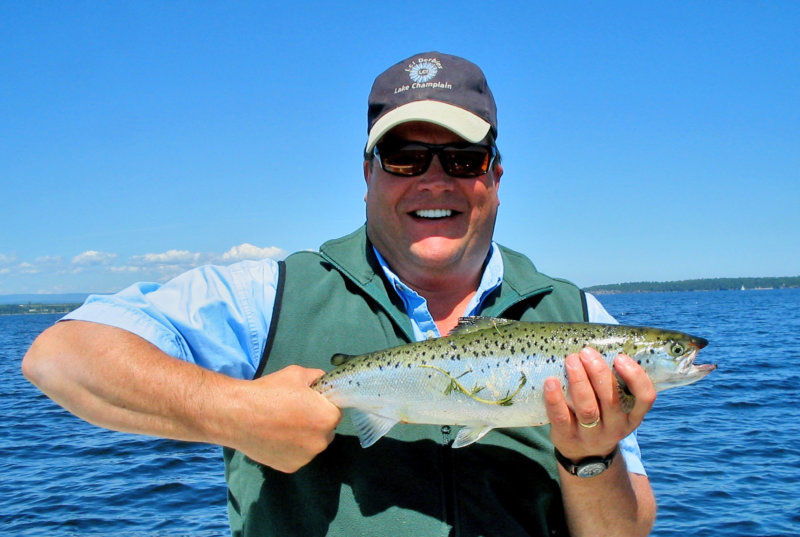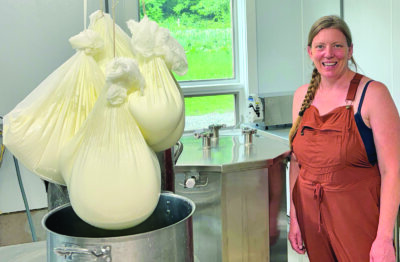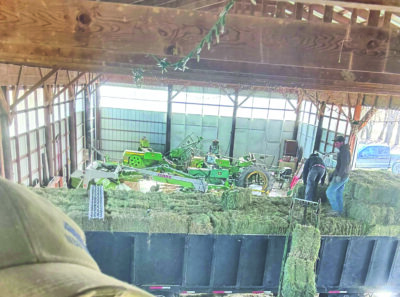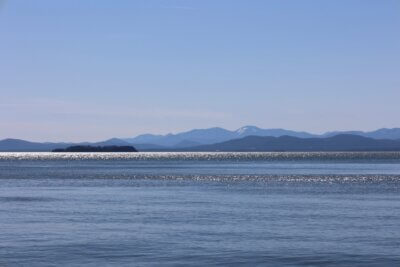Silvery flash of salmon is a sign there’s still hope for the lake
The late June morning has yet to begin to show striations of dark purple over the mountains to the east.
The truck starts easily and it’s warm enough to roll down the windows as I cruise the backroads of town toward the boat access. Fragrances of warming lake water swirl, mixing with the cool night air rolling off the foothills. A whiff of the first cut of hay slips through the cabin.
In the darkness I navigate closer to the lake. Pulling into the access, there are already two trucks with boats on their trailers waiting for a third one to pull up off the launching ramp. I will save us a place in line. Moments later, my fishing buddy, Chris shows up with his 18-foot Hawk center console. Behind him is Ozzie, our other lake fishing pal.

Within minutes we are launching into the misty darkness. The motor fires up in a whining, gurgling staccato. The acrid smell of fuel sweeps by the bow where I sit.
I know it is politically incorrect nowadays but having been raised in my early childhood in the Greater Pittsburgh area, the smell of burning fuel conjures memories of my adolescence when I received my first combustion engine equipped minibike from JC Penney, “El Tigre.” Electric bikes are great, and they are certainly more environmentally friendly, but my generation was raised with gasoline and oil, and the small suburb of Beaver, Pa., was awash in fumes that we didn’t know were bad for us or our planet. Someday maybe they will make an electric “El Tigre” that growls and rumbles like the 1970 model but without the noxious fumes that are no longer “cool.”
The old Yamaha outboard on the boat’s stern revs up and the boat jumps up and lurches forward as the horizon begins to paint the sky a Cezanne pastel of sage, helio and salmon. Salmon. That’s the point of getting up this early. I almost forgot. Chris aims the boat west, then south toward Long Point. As we fly by the rocky cliffs and around the point toward Town Farm Bay, the sky is now beginning to show hope of a clear sunrise.
Chris drops the throttle back a little quickly and the Ozzie and I lurch slightly forward to regain our balance. Nothing radical mind you. Just a little enthusiastic deceleration. Enough for Chris to crack a small grin.
Now our captain begins delegating chores like the charismatic pirate humoring his crew. He is all business, and we are his captive audience, Ozzie and I. Downriggers are deployed out at a 45-degree angle and lead cannonballs attached to the steel cable. We are ordered to let out 10 feet of cable as the downrigger ticks out the depth of the ball on the counter. The releases are then added, bending the cable above the surface toward the stern of the boat then attached.
The lures will be lowered down attached to the releases so that they are 10 feet above the ball, which will be 50 feet below. As the rods with their spoons with names like “sausage and gravy,” “Michael Jackson” (because it looks like the legendary white glove on the iconic entertainer) and of course the penultimate Crazy Ivan spoon “Copper Bikini.”
With names like these you’ve got to wonder how much time passionate fishermen spend on the water, and if it’s possible to overdose on Vitamin D, causing a cerebral aberration, whereby those affected begin to invent entirely new languages. So, the wacky-named spoons descend to their assigned depth and the reels whine as they roll out line. Captain Chris gets to call the “set” on the line being released. At his command, the rods begin to bend toward the surface, creating tension on the releases below.
Next is the wait. Trolling speed is set at 2.4 – 2.6 mph. We are in search of landlocked Atlantic salmon. Lake Champlain once had an abundance of these terrific fish. To watch a 6-pound silvery flash jump a foot or more out of the water behind the boat was much more common 10-15 years ago. But alas, so many factors have affected our beautiful lake that many of the most avid salmon fishermen have given up, selling their boats and losing the will to go all day with no bite.
Reasons for the decline in the number of salmon caught have been attributed to many factors; invasive species like alewives, which contain an enzyme called thiaminase, which when ingested by salmon render them incapable of reproducing. Add in zebra mussels, cormorants, which eat up to 2½ times their weight of fry and smolts every day, add in the algae blooms stealing precious oxygen form the bays, Eurasian milfoil, water chestnuts, massive amounts of effluent escaping outdated wastewater treatment plants and on and on, and it’s a recipe for extirpation.
As we ponder the many reasons why the salmon seem to be disappearing, the U.S. Fish and Wildlife has stepped in to perform a federally funded restoration study, that will undoubtedly reveal and quantify what we already know, and hopefully provide us with an action plan to bring the fishery back to its previous glory.
Aboard the boat, we are lamenting the current status of the lake, and just when our melancholy has beaten us down, it happens. Two rods pop up powerfully, straightening their spines and alerting us to the fact that, right now, we have two fish on at the same time!
I take the rod on the starboard side and Ozzie the one to port. We begin retrieving the line on the Penn reels and the rods are throbbing with powerful pulls. Suddenly, 30 yards behind the boat, two strong silvery fish jump at the same time, flashing their flanks in the sun. Ozzie and I simultaneously laugh out loud and give a big “Whoooop!”
Perhaps there is still some hope to keep this dream alive. Let’s be grateful for what we do have, and all of us work hard to educate ourselves on the value and the spirit of our most cherished resource, our lake. Enjoy!
(Bradley Carleton is executive director of Sacred Hunter, a non-profit that seeks to educate the public on the spiritual connection of man to nature.)
Related Stories
Popular Stories
If you enjoy The Charlotte News, please consider making a donation. Your gift will help us produce more stories like this. The majority of our budget comes from charitable contributions. Your gift helps sustain The Charlotte News, keeping it a free service for everyone in town. Thank you.
Andrew Zehner, Board Chair









